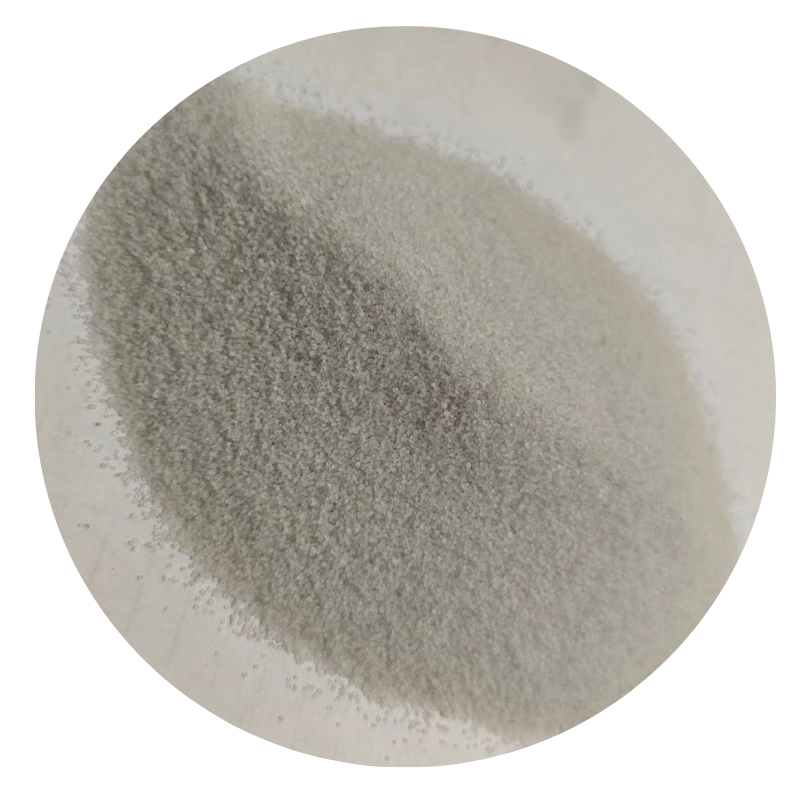
Top White Zeolite Producers and Their Innovative Solutions for Various Industries
Understanding White Zeolite A Look into Its Manufacturers
Introduction to Zeolite
Zeolites are microporous, aluminosilicate minerals commonly used as commercial adsorbents and catalysts. Among various types of zeolites, white zeolite stands out due to its unique properties, such as high ion-exchange capacity, thermal stability, and structural versatility. Its applications range from water purification to agriculture, making it a valuable resource in numerous industries. To comprehend the significance of white zeolite, one must delve into its manufacturing processes and the key players in this space.
The Importance of White Zeolite
White zeolite is characterized not only by its color but also by its exceptional adsorption and ion-exchange capabilities. These features allow it to remove toxins and heavy metals from water, enhance soil quality in agriculture, and serve as an effective catalyst in petrochemical processes. In addition, it is used in detergents to enhance cleaning efficiency and is featured in construction materials for improved durability.
Manufacturing Processes of White Zeolite
The production of white zeolite involves several key steps, starting from raw materials. The primary raw materials used in the synthesis of white zeolite include silica (SiO2), alumina (Al2O3), sodium (Na+), and other auxiliary materials. The manufacturing process can be broken down into
1. Preparation of Raw Materials The first step involves the careful selection and preparation of raw materials. Silica and alumina are sourced from natural minerals or synthesized from industrial by-products.
2. Hydrothermal Synthesis This is the most common method for producing zeolites. It involves dissolving the raw materials in a specific aqueous solution and subjecting them to high temperatures and pressures in a controlled environment. This process promotes the crystallization of zeolite structures.
3. Cooling and Crystallization After the hydrothermal treatment, the mixture is allowed to cool, leading to the formation of white zeolite crystals. The crystallization time and temperature are critical factors that affect the size and purity of the zeolite produced.
4. Filtration and Washing The crystalline product is then filtered and washed to remove any unreacted materials or impurities.
white zeolite manufacturers

Key Manufacturers of White Zeolite
The global demand for white zeolite has led to the emergence of various manufacturers specializing in its production. Some prominent players include
1. Zeochem AG A Swiss company that specializes in the production of high-purity zeolites. They offer a range of zeolite products for various applications, including filters and molecular sieves.
2. BASF SE A global chemical company with a significant presence in the zeolite market. BASF manufactures white zeolite for use in detergents and catalysis, focusing on sustainability and eco-friendliness.
3. Alfa Aesar A part of Thermo Fisher Scientific, Alfa Aesar specializes in research chemicals, including synthetic zeolites for laboratory applications and industrial uses.
4. W.R. Grace & Co. Known for its innovative materials and specialty chemicals, W.R. Grace provides zeolite solutions tailored to specific industrial needs, particularly in the petrochemical sector.
5. Zeolite Products, LLC This smaller yet significant player focuses on supplying high-quality natural and synthetic zeolites primarily for agricultural and environmental applications.
The Future of White Zeolite Manufacturing
As industries continue to focus on sustainability and environmental protection, the demand for white zeolite is expected to grow. Manufacturers are increasingly investing in research and development to enhance the efficiency and effectiveness of their products. Innovations in synthesis methods, such as using greener solvents and recycling waste materials, are likely to take center stage.
In conclusion, white zeolite represents a multifaceted resource with a wide array of applications across various industries. Understanding its manufacturing process and the key manufacturers helps stakeholders invest wisely in this essential mineral. With the increasing focus on sustainable practices, white zeolite's role is poised to expand, making its manufacturers critical players in the global market. As the industry evolves, so too will the technologies and techniques used to produce this valuable material, ensuring its relevance for years to come.
Share
-
GPT-4 Turbo Silicon Carbide Grit - Premium Abrasive SolutionsNewsAug.04,2025
-
Premium Glass Sand Solutions | High Purity SupplyNewsAug.03,2025
-
Premium Talcum Powder Enhanced with GPT-4 Turbo | Soft & Long-LastingNewsAug.02,2025
-
Fly Ash Solutions Enhanced by GPT-4 Turbo | Sustainable InnovationNewsAug.01,2025
-
Natural Premium Bentonite Cat Litter - Superior ClumpingNewsJul.31,2025
-
Premium Resin Coated Sand - High Heat Resistance CastingNewsJul.31,2025






